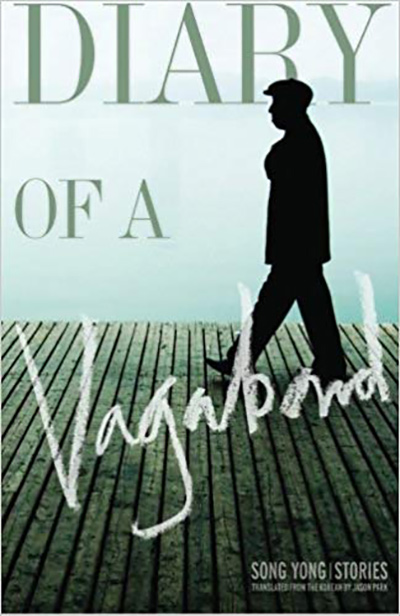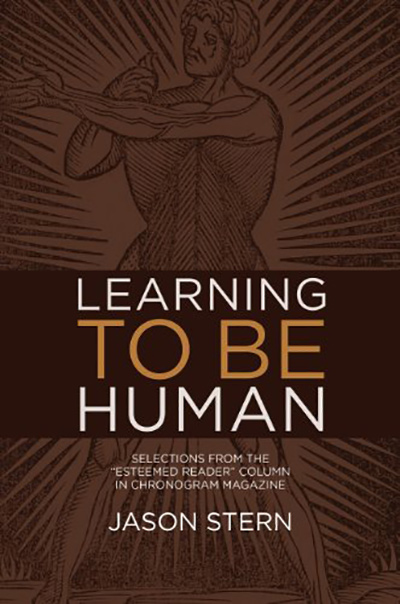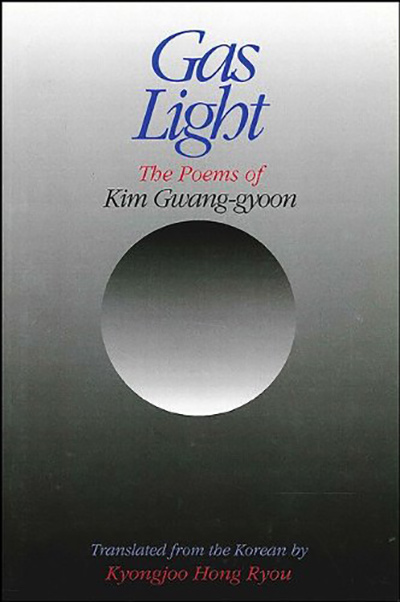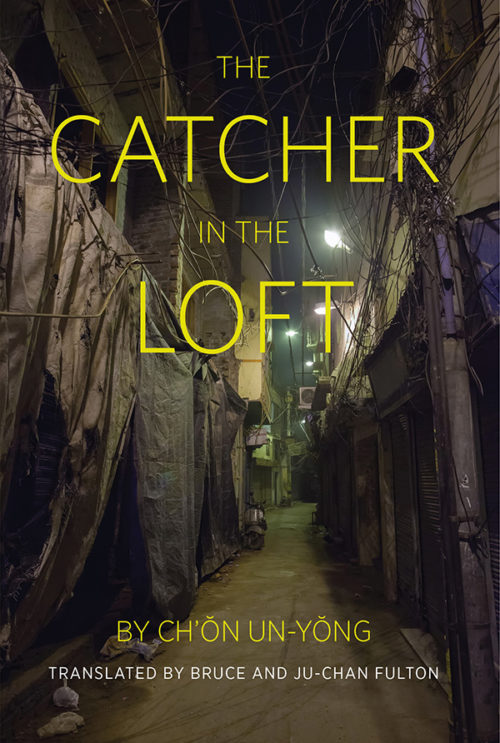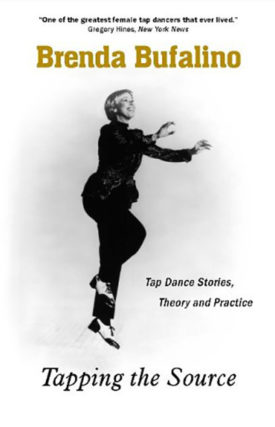Song Yong is not one of the more celebrated writers in Korea but more of an outsider looking in on the mainstream writing establishment in Korea. His work has never seen commercial success, nor it is well-known in Korea, although he is respected among prominent literary critics. The lack of interest in Korean literature in North America makes it difficult to find a publishing venue for “out-of-the ordinary” fiction such as Song Yong’s….
Song Yong’s fictional world is different from the mainstream Korean fiction in the 70s and 80s that tended to reflect the political struggle for democracy and the consequences of rapid industrialization. It focuses on the alienation of individuals who are marginalized from society for various reasons. They are vulnerable within a homogenous society where dominant public discourse enforces rigid hierarchy, obedience, and conformity. There is little precedent in Korean fiction for Song Yong’s calm, subdued and often detached narrative voice. He is one of the few Korean writers influenced by Existentialism in the 70s, and the themes of existential angst and despair appear throughout his work….
Song Yong’s stories have a surreal tone which is rare in Korean fiction…. His stories never follow a standard formula or contrived plots but employ a unique narrative voice and technique that can be identified as distinctly his. They may deal with taboo topics in Korean society such as the unequal American-Korean relationship, materialism, and disturbing physical and mental abuses prevalent in the Korean military penal system…. Song Yong’s stories display a Kafkaesque world of ordinary people trapped in authoritarian society. They present a different Asian fiction to readers accustomed to the two most common genres: Chinese books on Mao’s cultural revolution and Murakami’s brand of weird-for-weird’s-sake Japanese fiction.
—from the introduction by translator Jason Park
2008 | 190 pages


